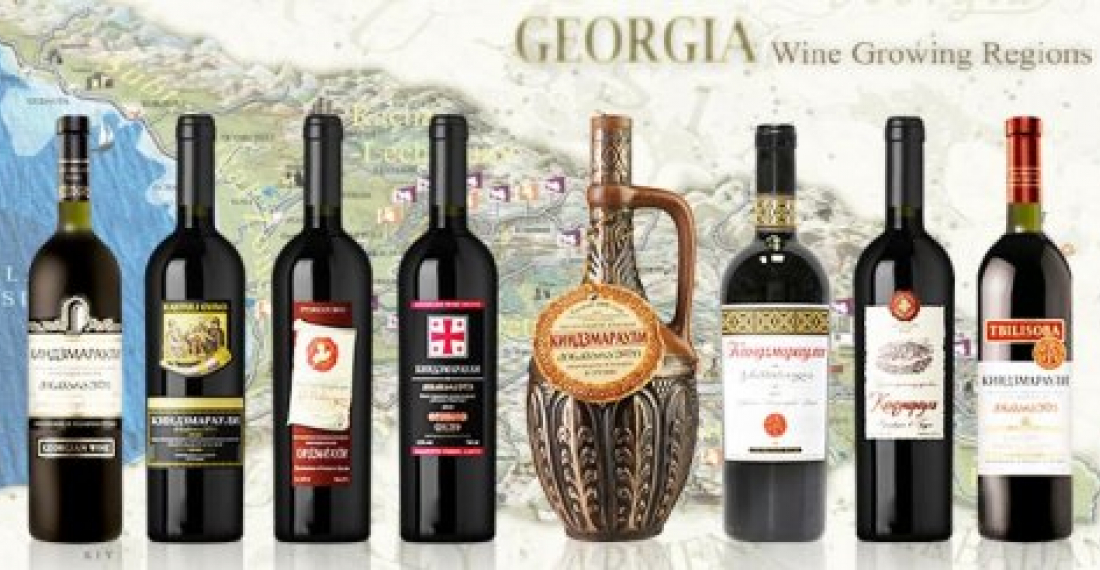Georgian wine has traditionally been very popular in Russia. Despite the disruption in the supply chains following the collapse of the Soviet Union, Georgian wine makers quickly found a way of maintaining their market segment. Despite the fact that today it competes with wines from France, Italy and the new world, Georgian wine remains the favorite with many Russians, not only because it is more affordable but also because it satisfies the palate of Russian consumers.
Politics however appears to be getting in the way. Georgia wine sales to Russia have dropped by 27% in July, compared to the same month last year.
According to the Georgian National Wine Agency, Georgia exported 4,522,250 bottles of wine to Russia in May, 4,209,866 in June but exports fell to 3,550,264 in July. The decline is directly linked to a new chill in Georgian-Russian relations and Russian threats of possibly banning the imports of Georgian wines. The decline in exports has already impacted the demand for grapes by wine-producers, meaning that it is affecting a number of rural areas in the country. Efforts are ongoing to find alternative markets, but despite the fact that Georgian wine exports to countries beyond Russia is increasing it is not yet large enough to replace the lost sales to Russia.
Levan Mekhuzla, the Director of the National Wine Agency of Georgia, told reporters on Thursday the decline in wine exports is linked with current political processes. Following an incident involving a member of the Russian State Duma (Parliament) in Tbilisi in July Russia imposed a ban on air travel to Georgia and various members of parliament spoke about introducing a ban on wines and mineral water. The matter is still under consideration.
source: commonspace.eu with agencies






